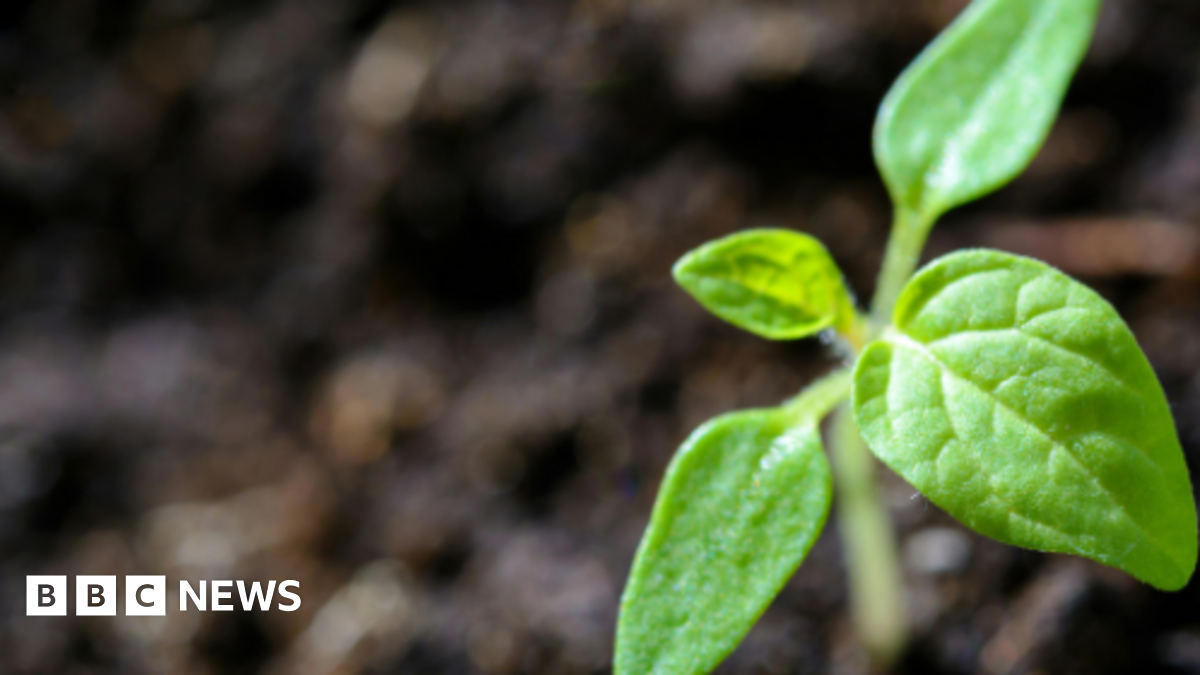A new research programme will look into the ability to “temporarily programme plants” to support sustainable farming.
Durham University has announced it will study a type of bacteria found in plant cells called Gluconacetobacter diazotrophicus.
This would be used to introduce traits to certain crops to tackle common challenges such as heat, drought and disease, and reduce the need for chemical pesticides.
“The technique could allow farmers to enhance plant performance, resilience and nutritional value without permanent genetic modification,” a university spokesman said.
